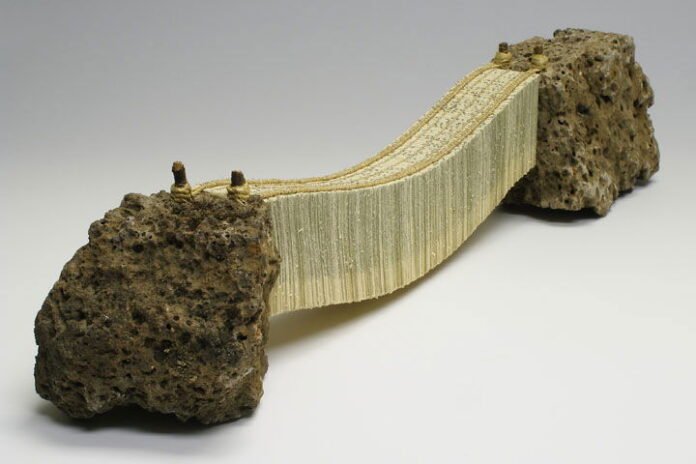[ad_1]
Interview conducted by Somya Shree Swagatika Nayak as a part of her Campus Leaders Program.
Could you please introduce yourself professor?
I am Srinibas Nayak, currently engaged as Asst. Professor, Law, in SOA National Institute of Law, Siksha ‘O’ Anusandhan, Deemed to be University, Bhubaneswar, Odisha. Earlier I had worked as Judicial Member, District Consumer Disputes Redressal Forum, Gajapati, at Paralakhemundi, Odisha for a term of five years; experienced as Guest Lecturer in University Law College, Bhubaneswar, Odisha, for around seven years; and also had private Law practice, under the jurisdiction of District Judge, Puri, as Advocate, since 2000.
Could you elaborate on your professional transition from legal advocacy to academia? What were the underlying motivations or circumstances that prompted this shift in your career trajectory?
As already said in answer to the first head, having an inherent desire to teach, when got the chance to avail Academics, I grabbed it with both hands, and especially when my age for entering into Judiciary, primarily interested with, got barred.
How have your practical experiences as an advocate, particularly within courtroom proceedings, informed and influenced your pedagogical methods and the overall academic environment you cultivate in the classroom?
That can be more gathered from my students !! Yes, my practical experiences as Advocate helped me a lot in making my students get understand the different concepts of law in the subjects/papers I was assigned with, viz., CrPC, DPC etc. And I genuinely believe, a Law teacher’s work get more easier if he/she teaches Law from it’s application perspective, and not just by having a theoretical approach
How do you bridge the gap between theory and practice in criminal law teaching?
As answered on the immediate previous head, while teaching I share my relevant experiences in Advocacy, and make my students peruse certain relevant documents of some disposed of cases, and I very much realized that my students could easily grasp my teaching because of such mode adopted by me.
Could you share one of your most memorable classroom moments as an Assistant Professor?
Hahaha…. Hard to pick up one, because when I am with my students, and especially in classroom, I remain elated the most and every moment there is memorable….. yes, to pick up one, once while teaching on a concept of BNSS, and while sharing a comparative picture of it in CrPC and BNSS, one of my student couldn’t accept my contention and impliedly challenged that, but could not express his dissent for obvious reasons of respect towards the teacher.
But, having the habit of reading the face of students, I could read his dissenting mind, and searched for an authoritative text relating to my said dissented contention, found it on internet, and texted him on WhatsApp, and believe me, he was so elated I can’t just express in words, and consequentially I was happy like anything for making my student convinced of the correct proposition of the concept.
And, I love to see my students going for the intricacies of the thing, and not just superficially mugging up. Likewise, many more everlasting memories I have in my teaching career
Do you think internships in trial courts help understand criminal law better than reading commentaries? Why or why not?
Definitely, but it should be pursued with all dedication and seriousness, because, as I have already stated, theory and practical together can a build a concrete idea of any subject in the mind of any student.
Do you feel that pop culture, such as legal dramas and crime shows, misrepresents criminal law?
Sometimes, and those should be avoided purposefully, else, it may lead to serious confusions in acquiring true and correct knowledge.
One myth about teaching law that you’d like to bust?
Although to a lot it has seen it’s fall by now, but the myth of not getting recognized and not coming out triumphant when one professes Advocacy, is still in the minds of many, and for which, parents set back in making their wards pursue with such profession.
I totally disagree; one can build himself well recognized at all levels, like any other distinguished professional, even by professing Advocacy, provided he act meticulous. It necessarily needs mention over here, that being the main concern behind such mindset with many, and which I would emphatically contend, Advocates earn in millions, and are billionaires as well 😊.
What’s the one criminal law book or judgment that every law student must read — and why?
To name a single book will be too wrong in advising, because each statute/text book is backed with some importance relevant in some dimensions. But for the sake naming one, a Law student in India cannot keep himself away from Constitution of India.
Likewise, every judgment/case law has its own importance, looking to the matter to be dealt with, like, when the matter to be dealt with is “imposition of death penalty and its rules”, it’s the judgments of our Apex Court, viz., Bachan Singh Case, Machhi Singh Case, which are all important.
So, I would say, students should develop the habit of remaining abreast with latest case laws, along with having a storage of leading case laws on different heads
Disclaimer: Interviews published on Lawctopus are not edited thoroughly so as to retain the voice of the interviewee.
This interview is a part of our Star Interview series, conducted by the Campus Leaders at Lawctopus. Stay tuned for more!
[ad_2]
Source link


